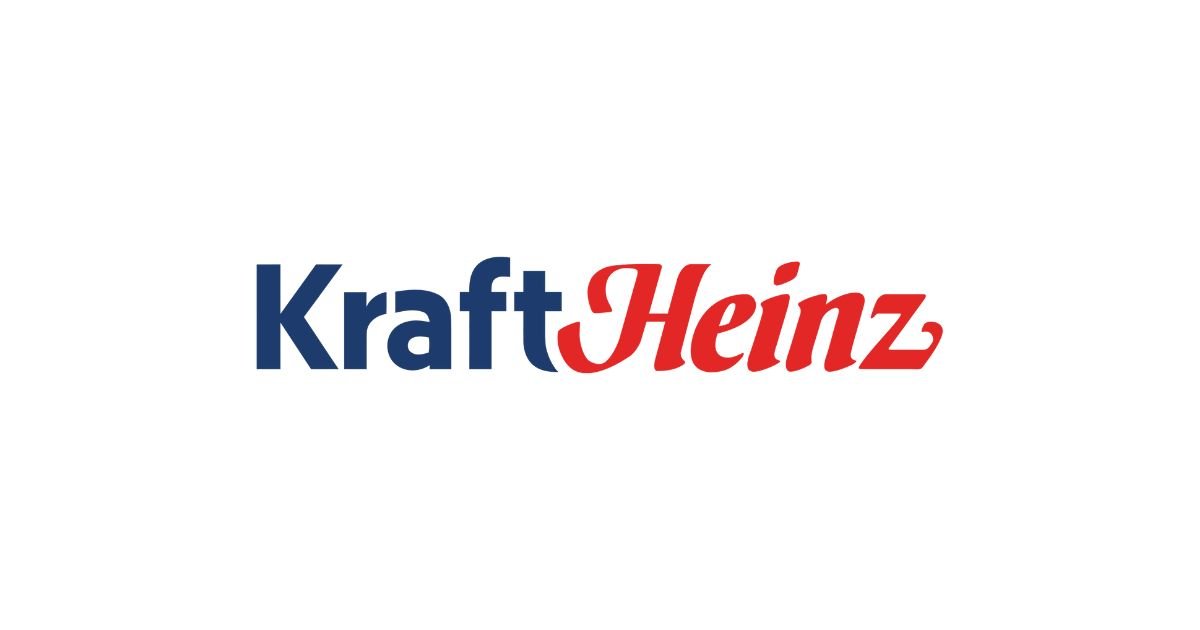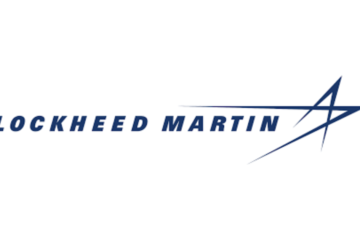Kraft Heinz is one of the world’s largest food and beverage companies, known for its extensive portfolio of iconic brands that have been household staples for decades. Formed in 2015 through the merger of Kraft Foods Group and H.J. Heinz Company, the company is headquartered in both Chicago, Illinois, and Pittsburgh, Pennsylvania, serving millions of consumers across more than 40 countries. With over 200 brands, including Kraft, Heinz, Oscar Mayer, Philadelphia Cream Cheese, Velveeta, and Planters, Kraft Heinz dominates the global food industry with its diverse range of products such as condiments, cheese, dairy, frozen meals, snacks, and ready-to-eat meals. Committed to sustainability, the company aims for 100% recyclable, reusable, or compostable packaging by 2025 while reducing its environmental footprint. Kraft Heinz continues to evolve by focusing on innovation, digital transformation, and healthier food options to meet changing consumer demands. By blending tradition with modern advancements, the company remains a trusted name in kitchens worldwide, delivering quality, taste, and convenience to its customers while maintaining its legacy of excellence.
Company Information
Company Name: Kraft Heinz
Founder Name: James L. Kraft (Kraft Foods), Henry J. Heinz (H.J. Heinz Company)
Founded Year: 2015 (Merger of Kraft Foods Group and H.J. Heinz Company)
Headquarters: Chicago, Illinois, USA, and Pittsburgh, Pennsylvania, USA
Products:
- Ketchup
- Cheese
- Sauces and Condiments
- Ready-to-eat Meals
- Snacks
- Beverages
- Frozen Foods
- Dairy Products
Services:
- Food Manufacturing and Distribution
- Private Label Food Production
- Supply Chain Management
- Product Innovation and Development
- E-commerce and Direct-to-Consumer Services
Competitors:
- Nestlé
- Unilever
- PepsiCo
- General Mills
- Mondelez International
- Conagra Brands
- Danone
- Campbell Soup Company
- The Hershey Company
- Kellogg’s
Company History & Growth
1. Early Beginnings:
- The roots of Kraft Heinz date back to the early 20th century with two separate companies: Kraft Foods, founded by James L. Kraft in 1903, and H.J. Heinz Company, founded by Henry J. Heinz in 1869.
- Kraft pioneered processed cheese production, while Heinz became known for its innovative canned goods and condiments, particularly ketchup.
2. Expansion and Market Dominance:
- Both Kraft and Heinz grew into global food giants through acquisitions, product innovations, and aggressive marketing strategies.
- Kraft introduced popular brands like Kraft Mac & Cheese and Oscar Mayer, while Heinz expanded its condiment empire worldwide.
3. The Landmark Merger (2015):
- In 2015, Kraft Foods Group and H.J. Heinz Company merged, creating Kraft Heinz, one of the largest food and beverage companies in the world.
- The merger was led by 3G Capital and Berkshire Hathaway, focusing on cost-cutting measures and operational efficiencies.
4. Post-Merger Growth and Strategic Initiatives:
- Kraft Heinz expanded globally, acquiring brands and optimizing its supply chain.
- The company invested in digital transformation and direct-to-consumer channels.
- It restructured its portfolio, focusing on high-margin products and healthier alternatives.
Challenges & Lessons
Challenges:
- Declining Consumer Trends: Shift towards organic and healthier foods reduced demand for processed foods.
- Supply Chain Issues: Global disruptions affected raw material availability and production.
- Market Competition: Competing with emerging and established food brands posed challenges.
- Brand Modernization: Struggled to align traditional brands with evolving consumer preferences.
- Financial Setbacks: Cost-cutting strategies led to mixed financial performances and investor concerns.
Lessons Learned:
- Adapt to Consumer Trends: Investing in healthier and organic food options is essential for longevity.
- Innovation is Key: Continuous product innovation ensures market relevance.
- Strong Leadership Matters: Strategic leadership helps navigate industry challenges effectively.
- Brand Loyalty Must Be Nurtured: Connecting with consumers through digital engagement fosters long-term brand success.
- Diversification is Crucial: Expanding product lines and revenue streams ensures financial stability.
Innovations
1. Sustainable Packaging:
- Kraft Heinz committed to using 100% recyclable, reusable, or compostable packaging by 2025.
2. Plant-Based Products:
- Launched plant-based alternatives like vegan mayo and dairy-free cheese.
3. AI & Data-Driven Insights:
- Leveraged AI to optimize pricing, inventory, and supply chain efficiency.
4. E-commerce & Direct-to-Consumer Sales:
- Developed online sales platforms and personalized food solutions.
5. E-commerce & Direct-to-Consumer Sales:
- Reformulated products to meet health-conscious consumer demands.
Achievements or Milestones
1. Global Expansion:
- Established a strong presence in over 40 countries with widespread distribution.
2. Billion-Dollar Brands:
- Owns multiple billion-dollar brands, including Heinz, Kraft, Philadelphia, and Oscar Mayer.
3. Sustainability Goals:
- Reduced greenhouse gas emissions and implemented ethical sourcing programs.
4. Innovation in Food Technology:
- Pioneered new food preservation techniques and sustainable production methods.
5. Strong Financial Performance:
- Maintains a strong market capitalization and steady revenue growth.
Recognitions & Awards
1. Corporate Social Responsibility Excellence:
- Recognized for sustainability initiatives and responsible sourcing.
2. Consumer Choice Awards:
- Heinz Ketchup and Kraft Mac & Cheese consistently ranked as top consumer choices.
3. Industry Leadership Awards:
- Acknowledged for innovation and market leadership in the food industry.
4. Top Employer Recognition:
- Named among top workplaces for diversity and employee satisfaction.
5. Brand Trust & Legacy Recognition:
- Continuously ranked as one of the most trusted food brands globally.
Recap of the Company’s Success Story and Achievements
Kraft Heinz has built a legacy of innovation, quality, and market leadership in the food industry. From humble beginnings to becoming a global powerhouse, the company has navigated industry shifts, consumer preferences, and financial challenges with resilience. The 2015 merger brought together two of the most recognized names in food history, creating a brand that serves millions worldwide. Kraft Heinz has embraced sustainability, digital transformation, and product innovation to stay ahead of market trends. With a commitment to high-quality ingredients and consumer trust, the company continues to be a leader in the food and beverage industry, adapting to new challenges while staying true to its heritage.
What Entrepreneurs Can Learn from This Company’s Success Story
- Adaptability is Key: The ability to evolve with changing consumer preferences is crucial for long-term success.
- Mergers & Acquisitions Can Strengthen Market Position: Strategic partnerships can fuel growth and expansion.
- Investing in Sustainability Pays Off: Businesses that prioritize sustainability build stronger brand loyalty and regulatory compliance.
- Innovation Keeps Companies Relevant: Constant research and development help businesses stay ahead of competition.
- Customer Trust is the Foundation of Success: Quality products and transparency enhance consumer relationships.



